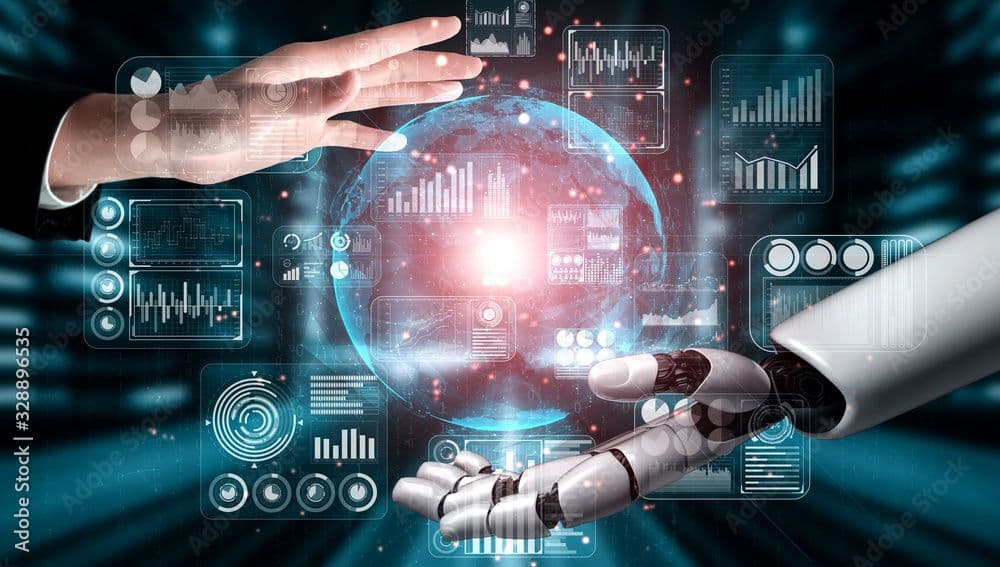AI and the Future of Work

AI and the Future of Work: Automation and Its Impact
Artificial Intelligence (AI) is rapidly reshaping the landscape of work, with automation playing a central role in transforming industries, professions, and the very nature of employment. Automation, powered by AI and machine learning, is capable of performing tasks that were once exclusively the domain of humans. From manufacturing assembly lines to customer service and even creative fields like journalism and design, AI-driven systems are now handling a wide range of jobs with efficiency, accuracy, and speed. As automation technology continues to evolve, businesses are adopting it to streamline operations, reduce costs, and increase productivity, leading to a major shift in the workforce.
One of the most significant impacts of AI-driven automation is the displacement of jobs, particularly in sectors that rely on repetitive or manual tasks. Jobs in manufacturing, transportation, and retail are among those most vulnerable to automation, as robots, autonomous vehicles, and AI-powered platforms take over roles that involve routine, predictable tasks. For example, self-checkout machines in retail stores, autonomous trucks in logistics, and robotic assembly arms in factories are already replacing human workers. However, this shift also opens up opportunities for workers to transition into more creative, analytical, and managerial roles, where human ingenuity, emotional intelligence, and problem-solving skills are irreplaceable.
While AI-driven automation raises concerns about job displacement, it is also creating new job opportunities, especially in technology, data science, and AI-related fields. As companies adopt AI technologies, the demand for professionals who can develop, manage, and maintain these systems is increasing. AI specialists, data scientists, and machine learning engineers are in high demand to build and optimize AI algorithms, ensuring they function effectively and ethically. Additionally, new roles are emerging in sectors like healthcare, where AI is being used to assist doctors in diagnosis and treatment, as well as in education, where personalized learning tools driven by AI are transforming how students learn. In this evolving landscape, reskilling and upskilling the workforce becomes crucial to ensure that workers are prepared for the jobs of the future.
Looking ahead, the impact of AI on the future of work will depend on how businesses, governments, and society at large adapt to these changes. While automation has the potential to increase efficiency and productivity, it also poses ethical and social challenges, such as income inequality and the concentration of wealth in AI-driven industries. Governments and organizations must develop policies to support workers affected by automation, including investment in education and retraining programs. Additionally, fostering a culture of lifelong learning will be key to ensuring that workers can continually adapt to technological advancements. As AI reshapes the workforce, the goal should be to strike a balance between leveraging automation for economic growth and ensuring that workers are empowered to thrive in an AI-driven world.
In conclusion, AI and automation are fundamentally changing the way we work, presenting both challenges and opportunities. While job displacement is a concern, automation also opens doors to new roles that require creativity, innovation, and human empathy. As AI becomes more integrated into the workforce, the emphasis on reskilling and adapting to new technologies will be essential. The future of work will be defined by how well society navigates the balance between embracing AI's potential and ensuring that workers are supported in this transformation. By focusing on innovation, education, and inclusivity, we can create a future where humans and AI work together to build a more efficient, equitable world.
,